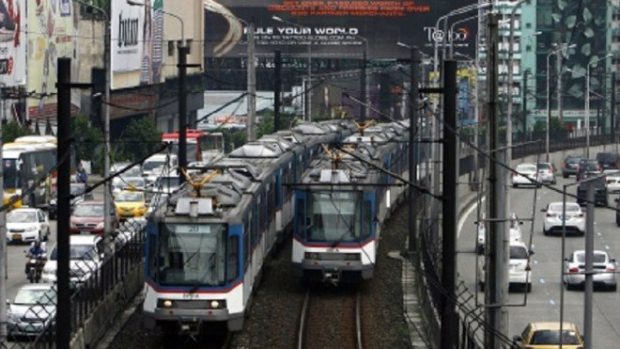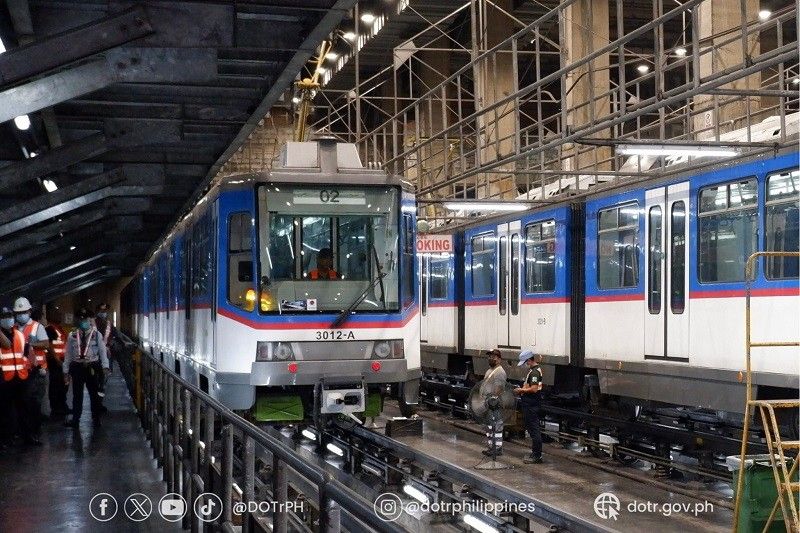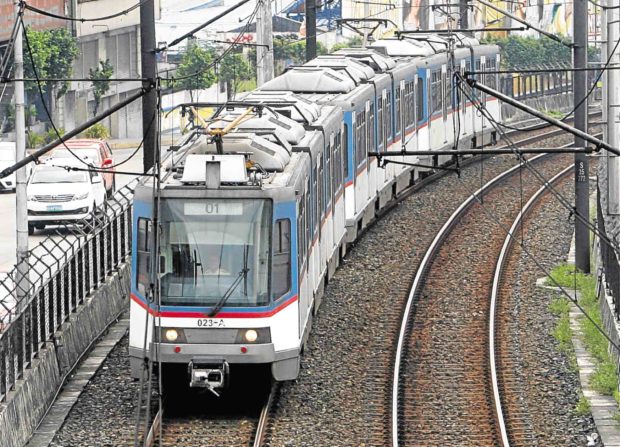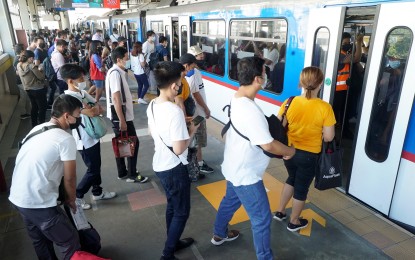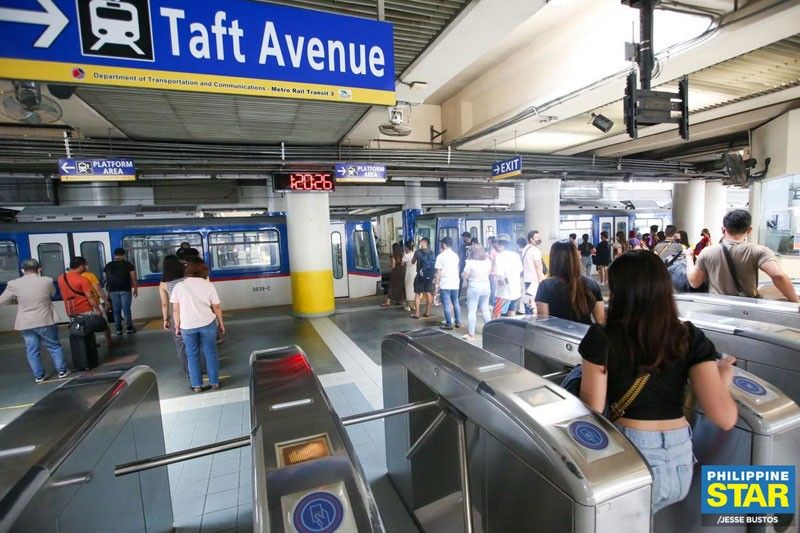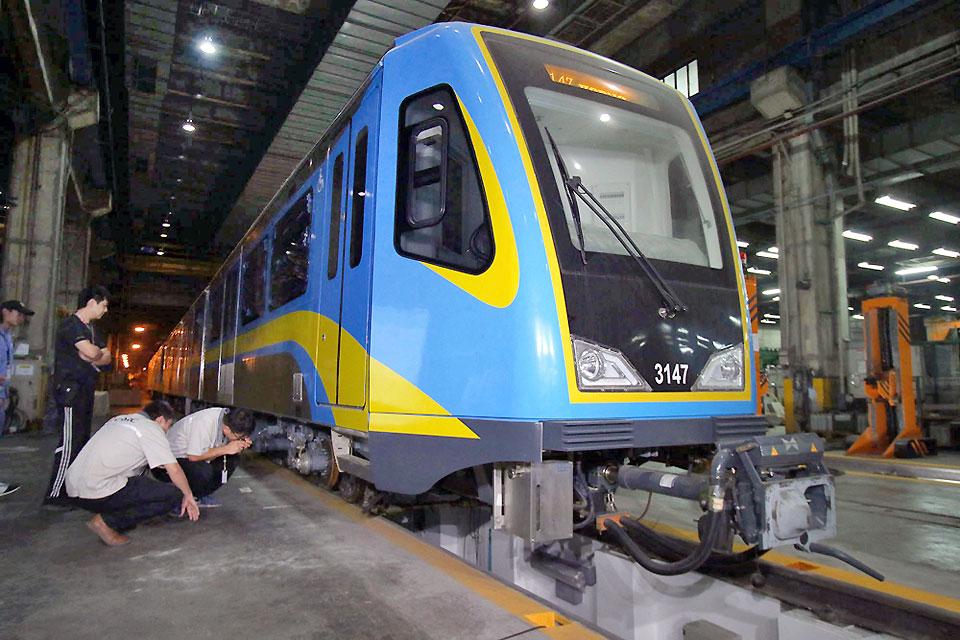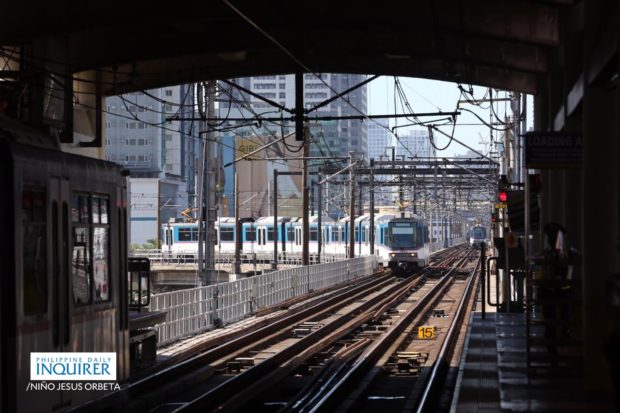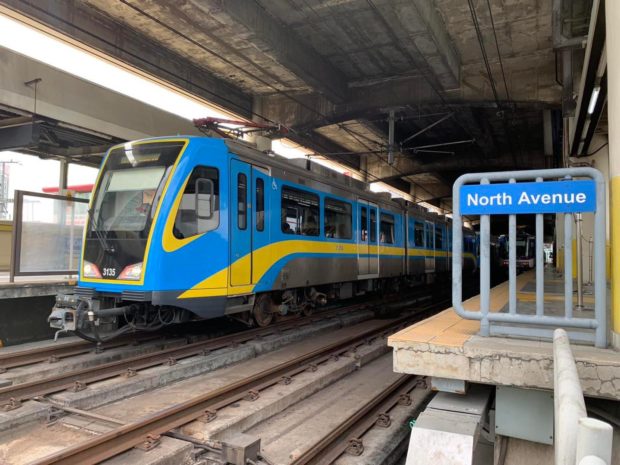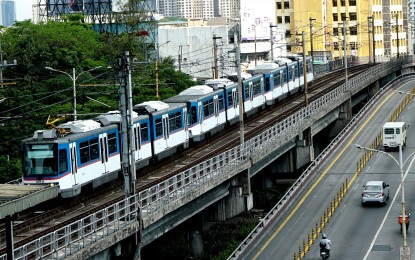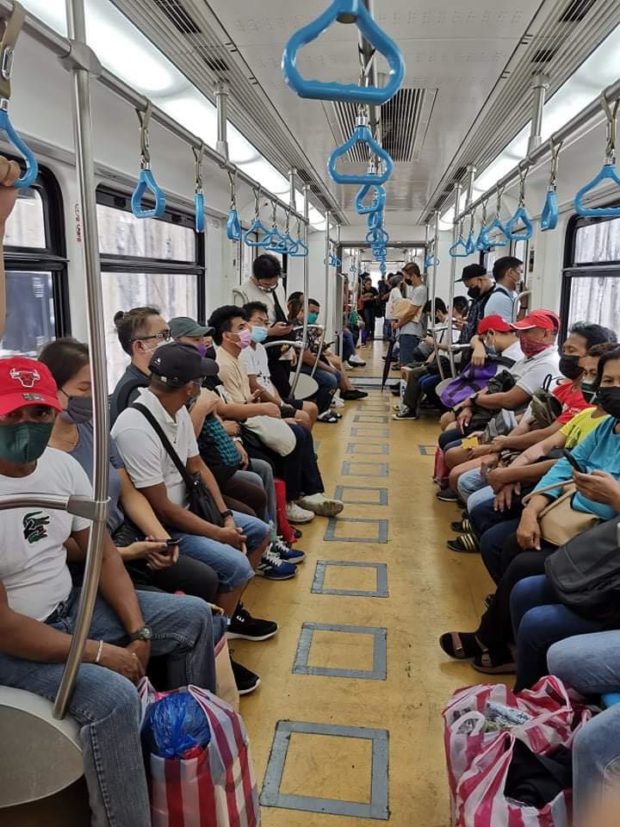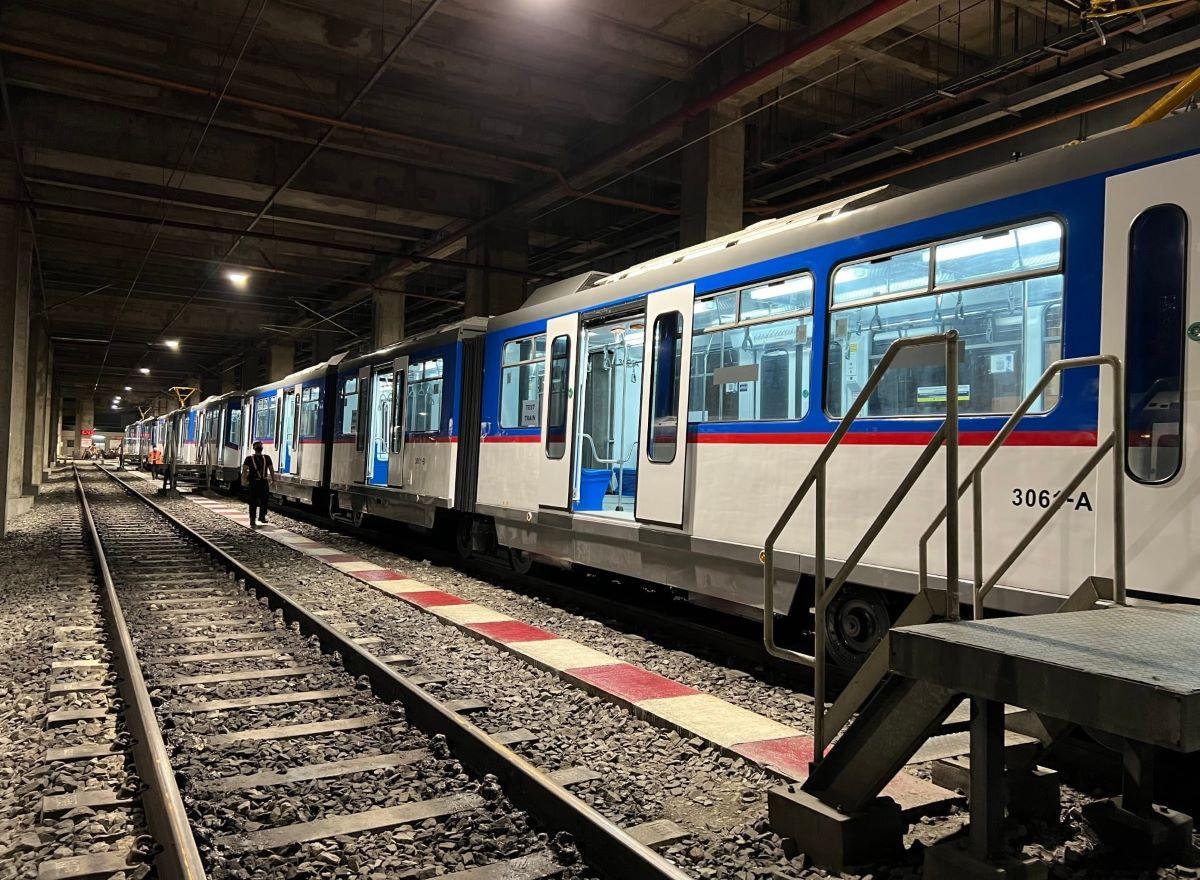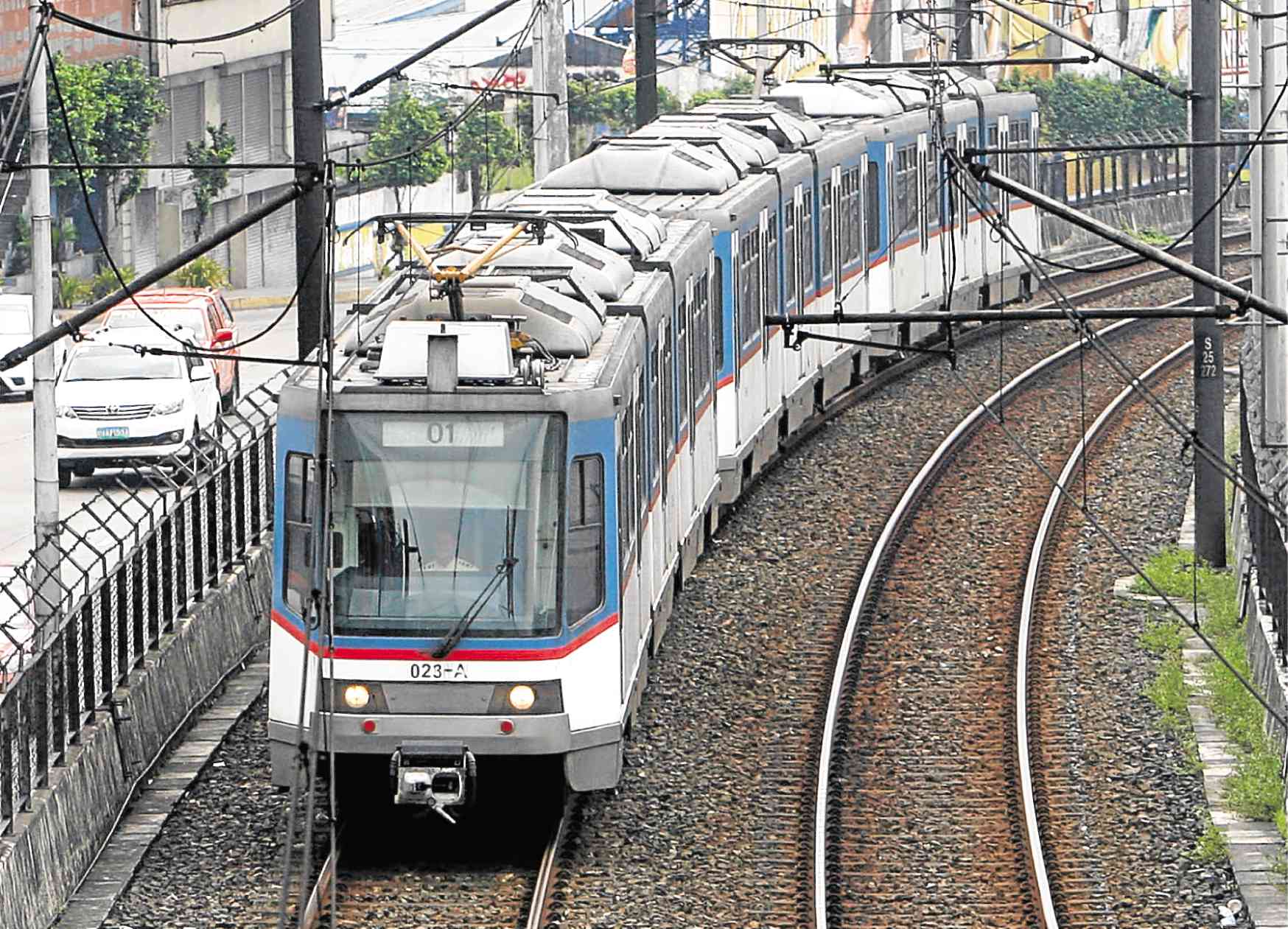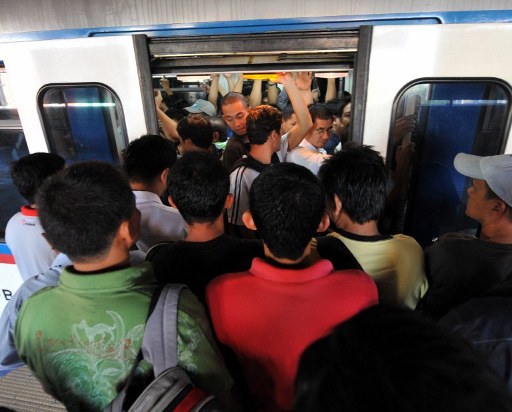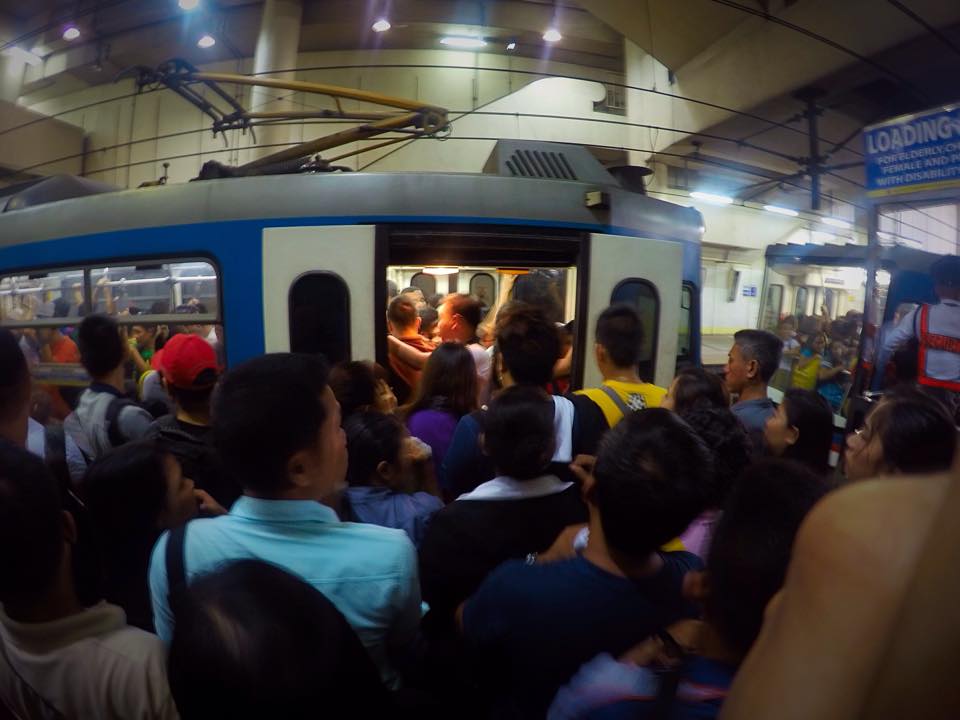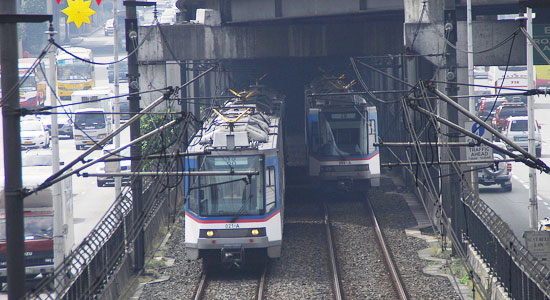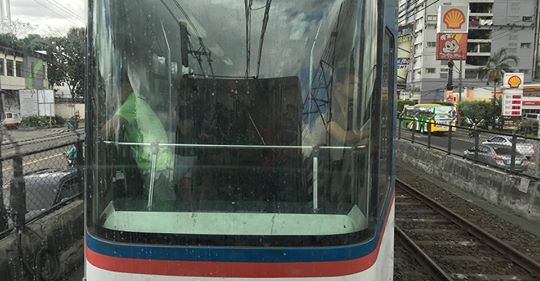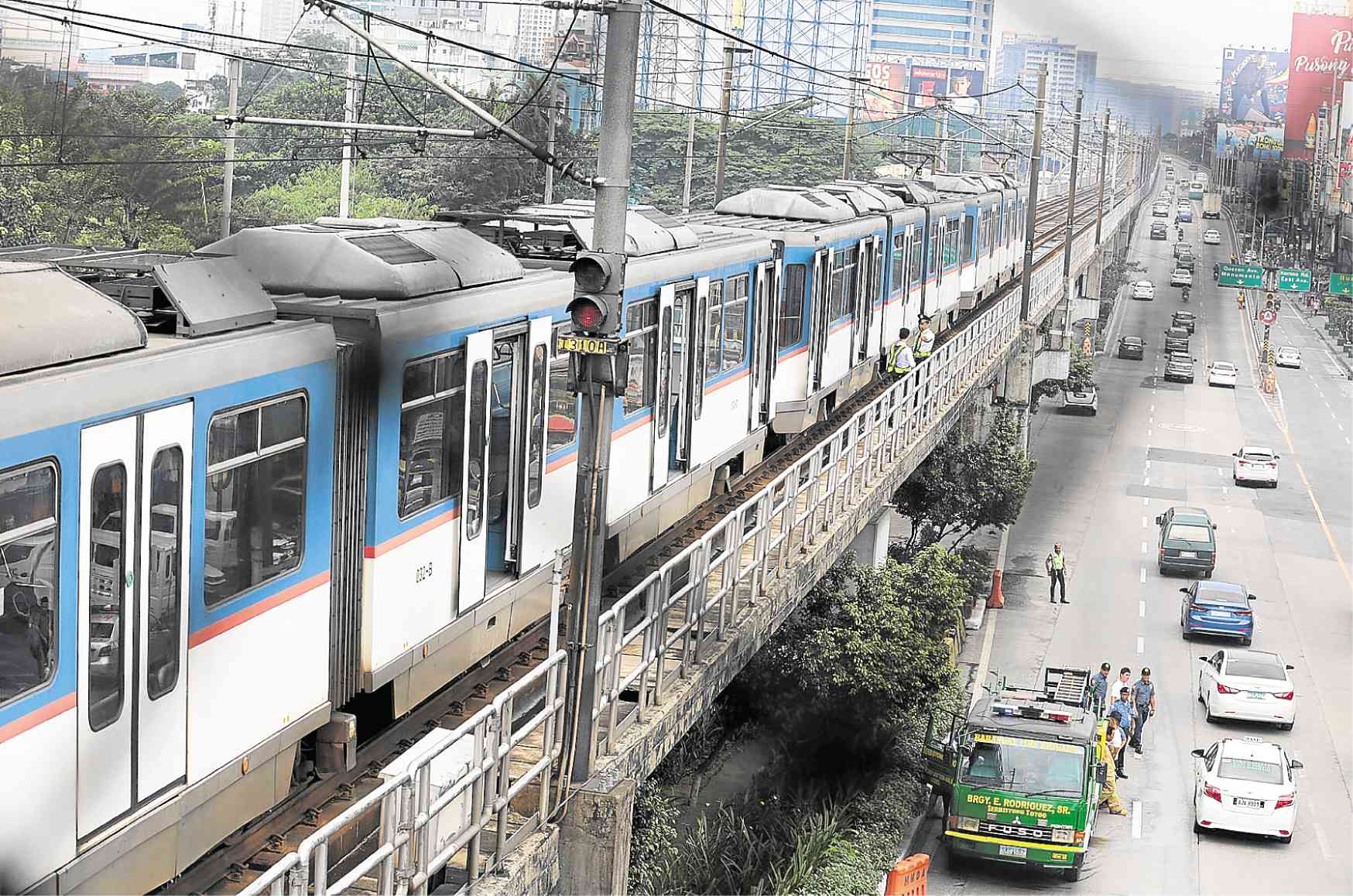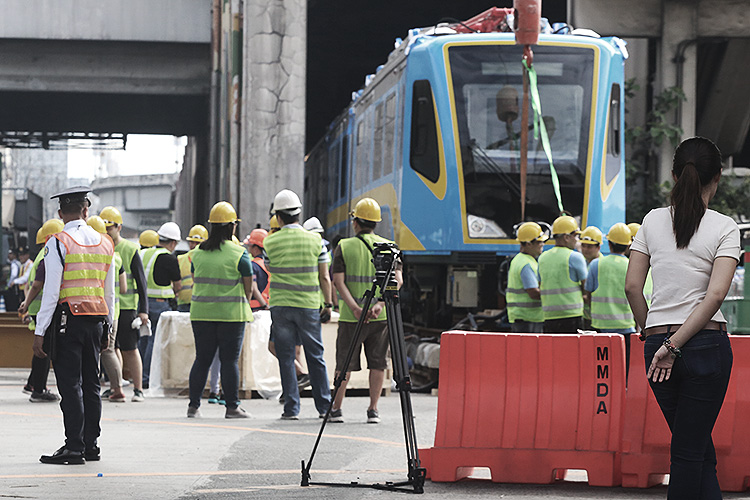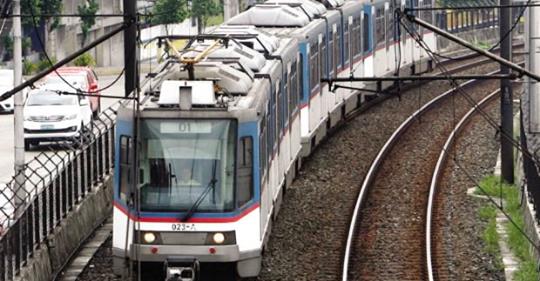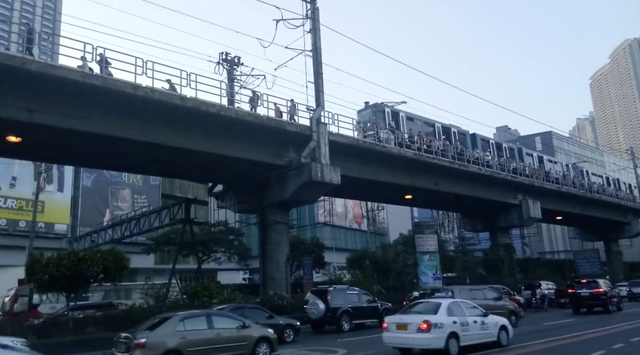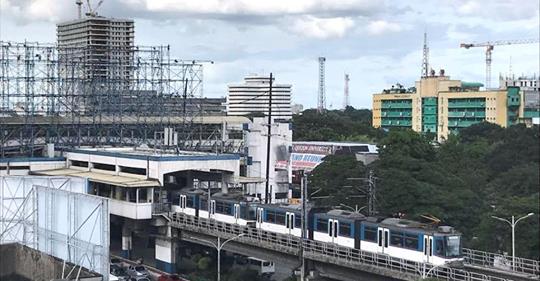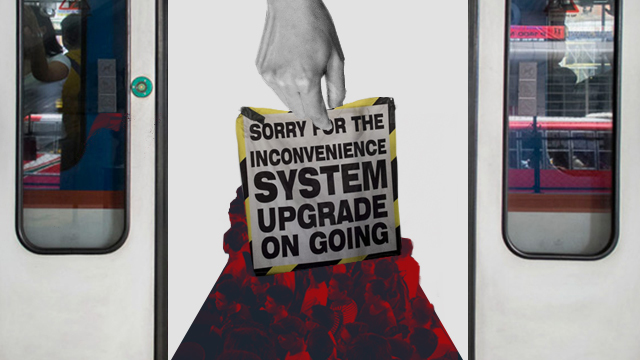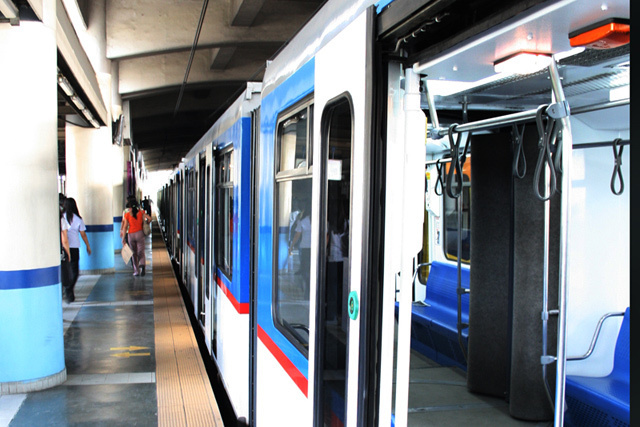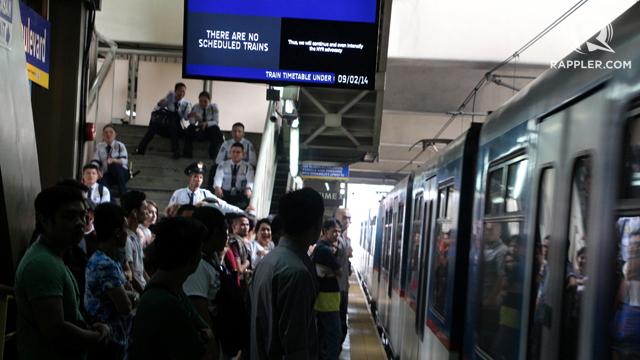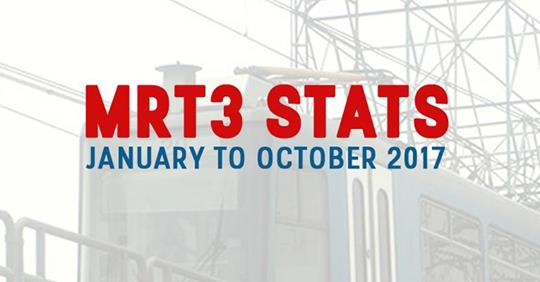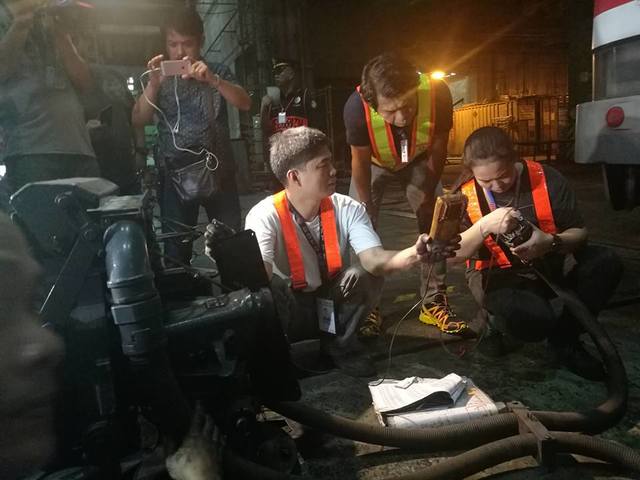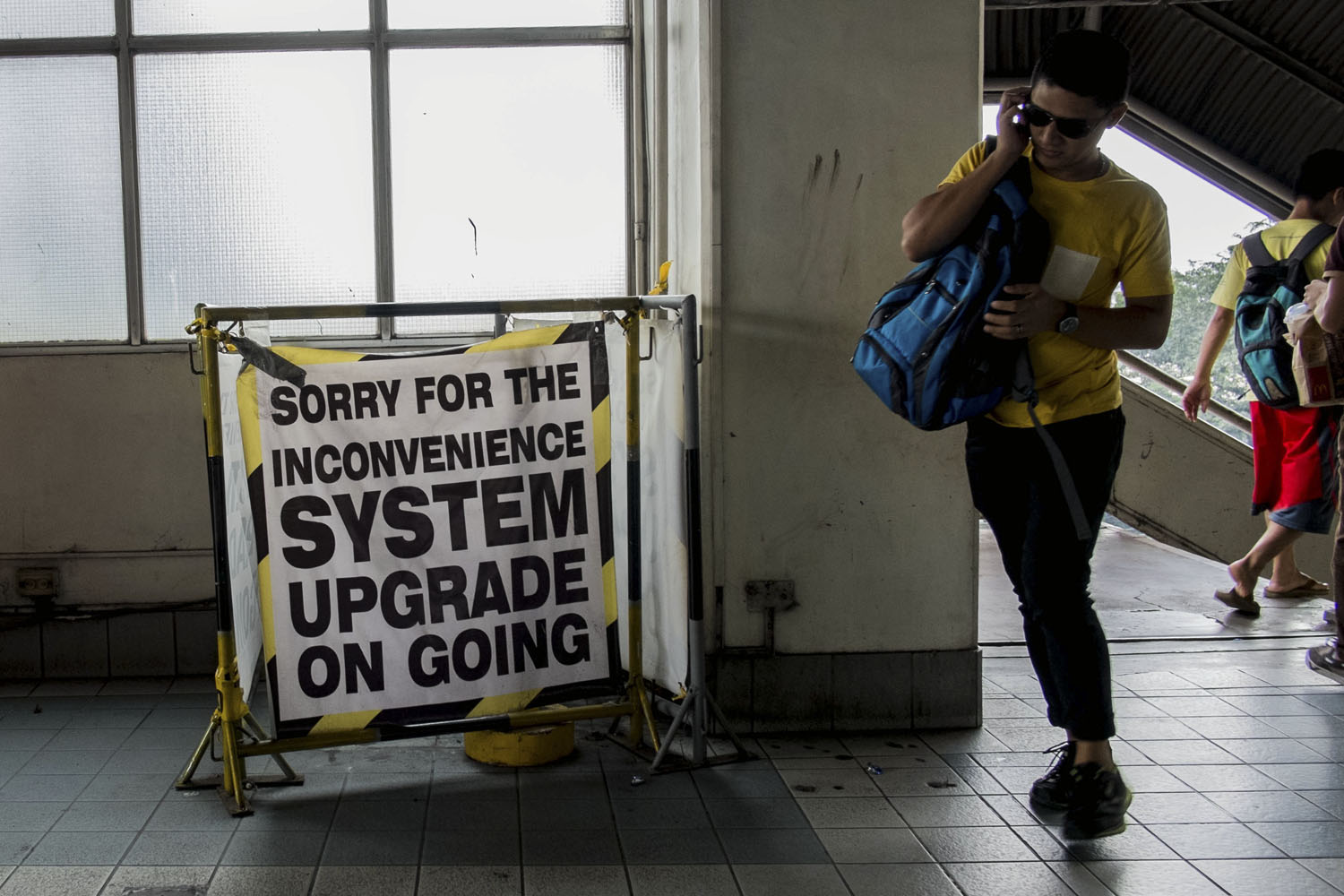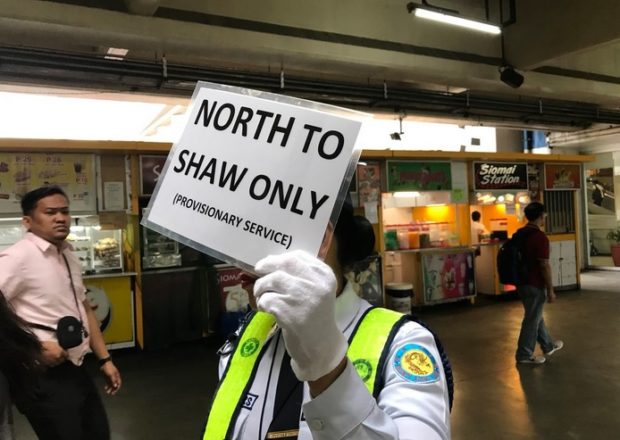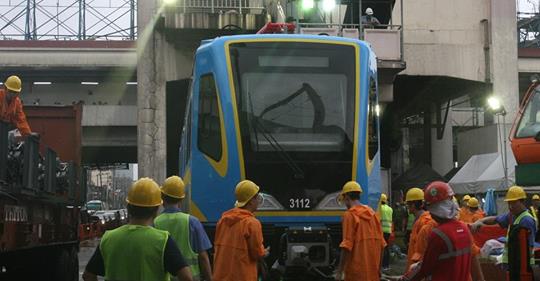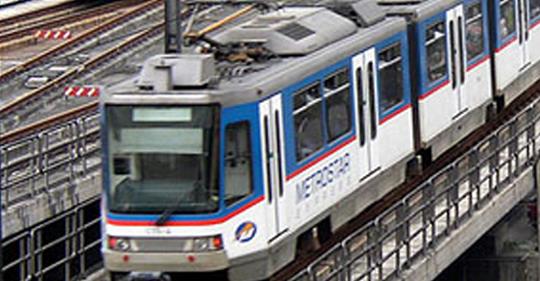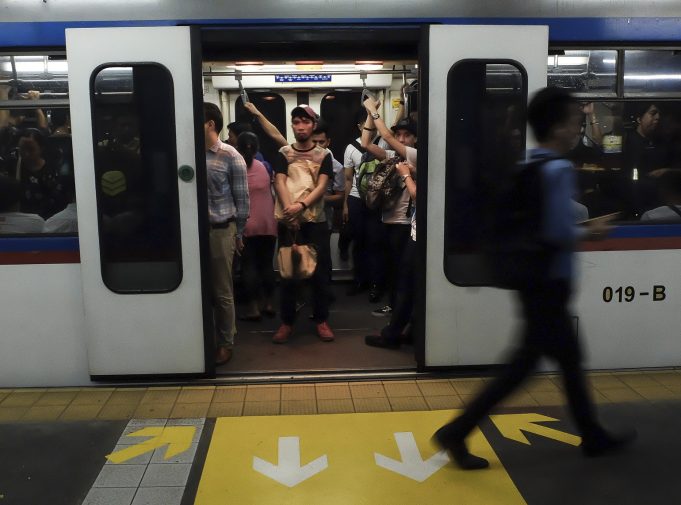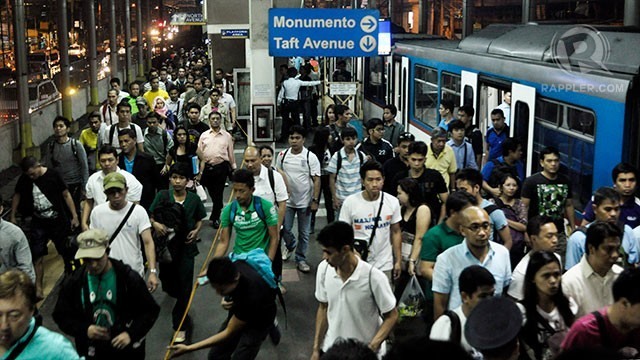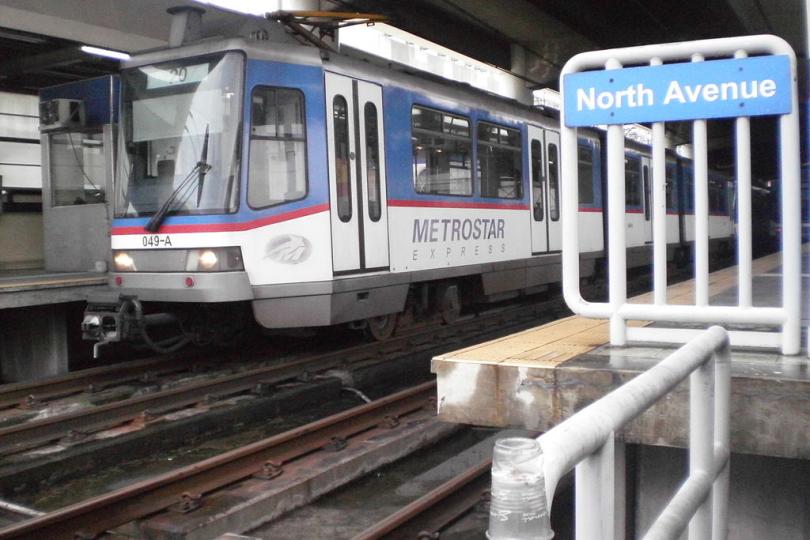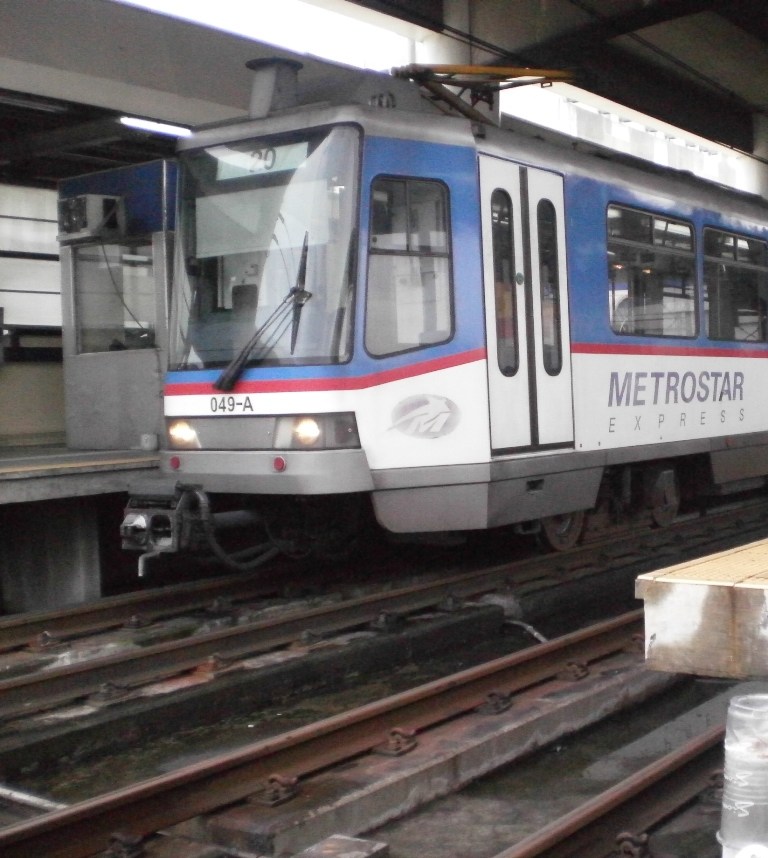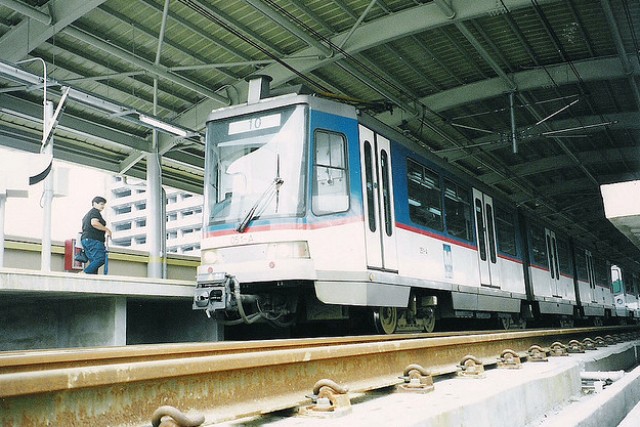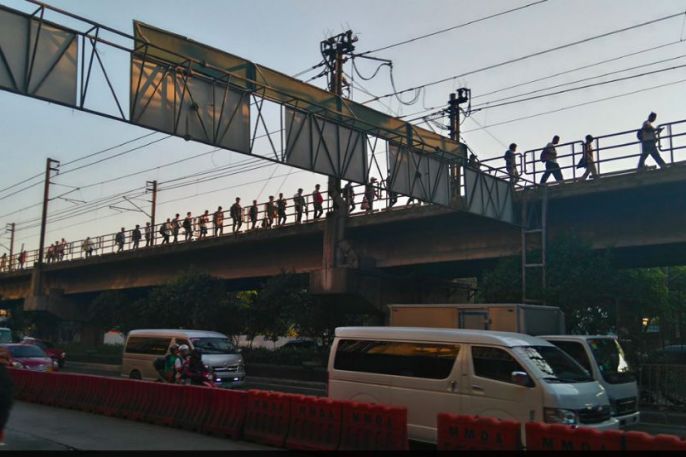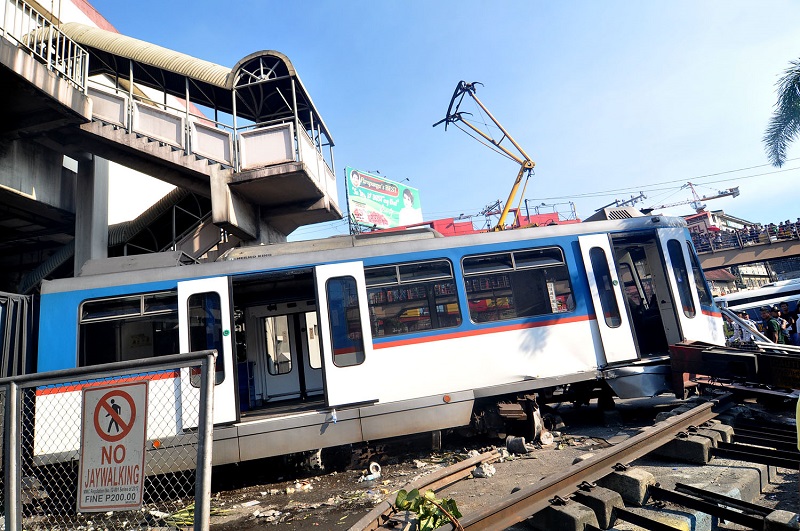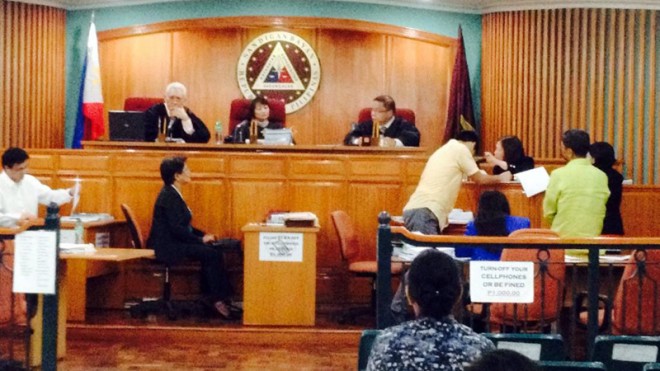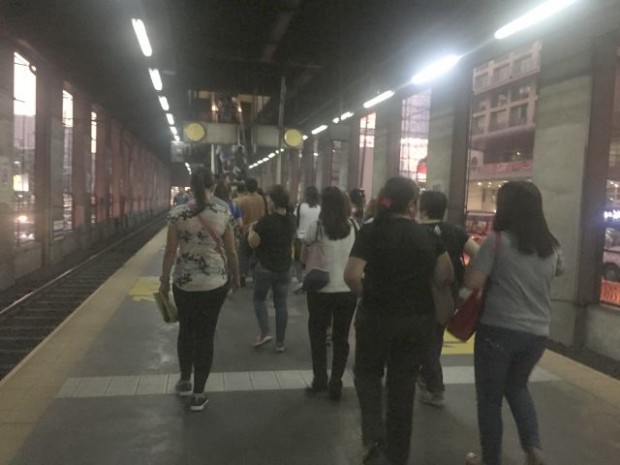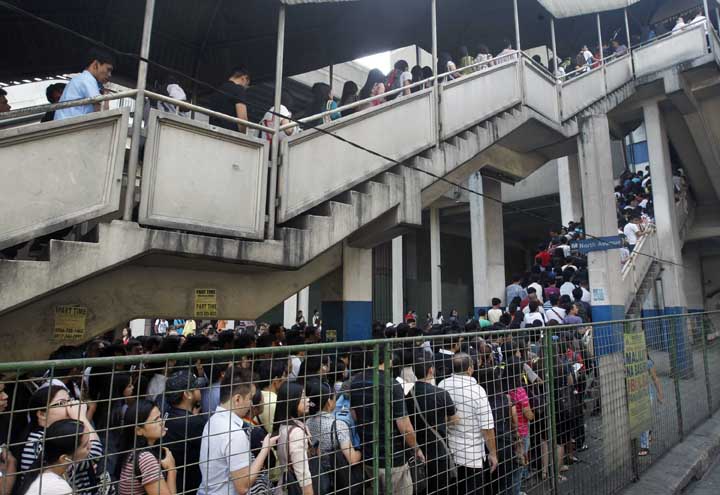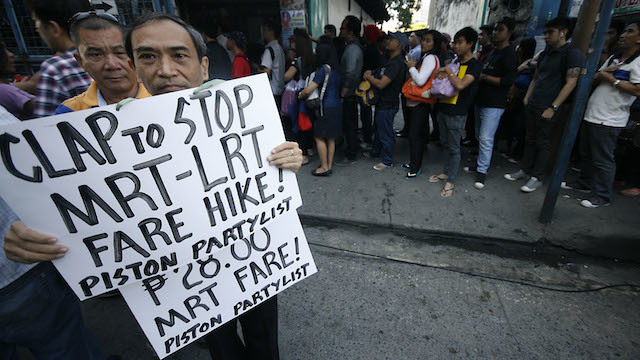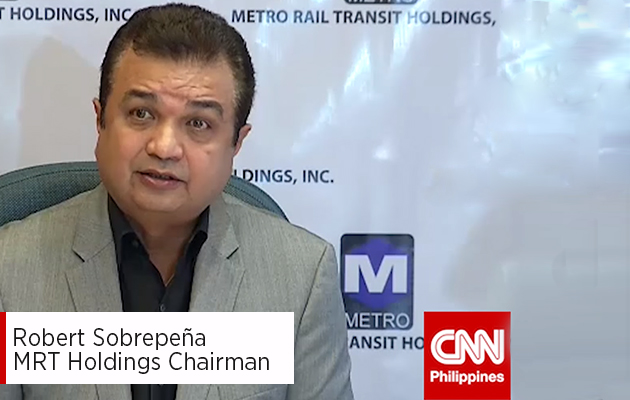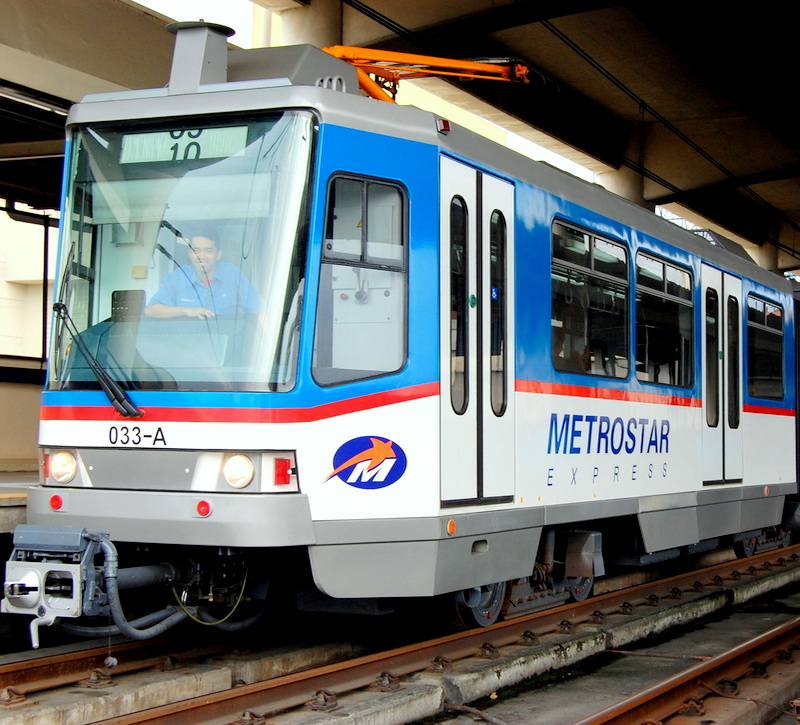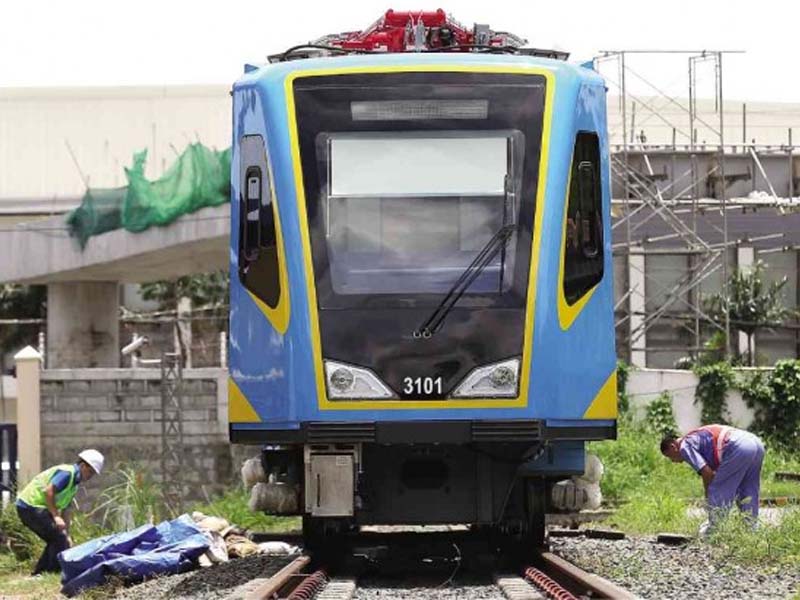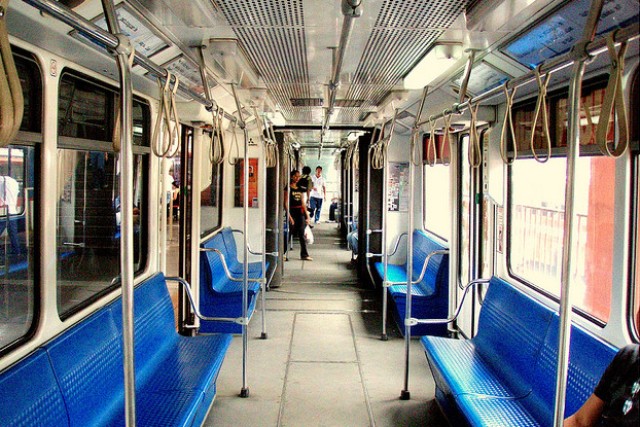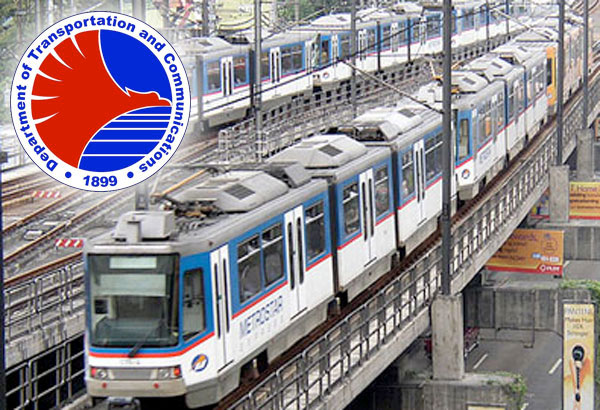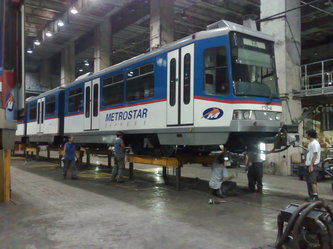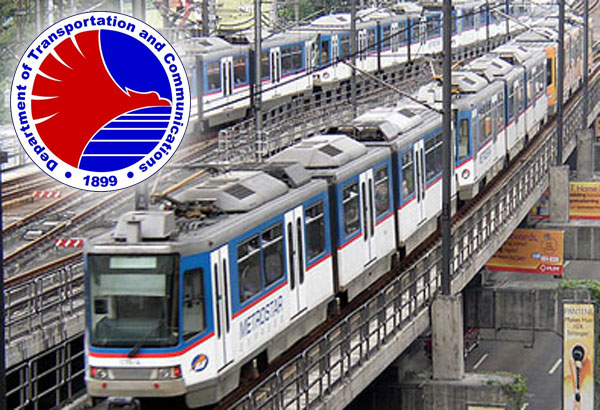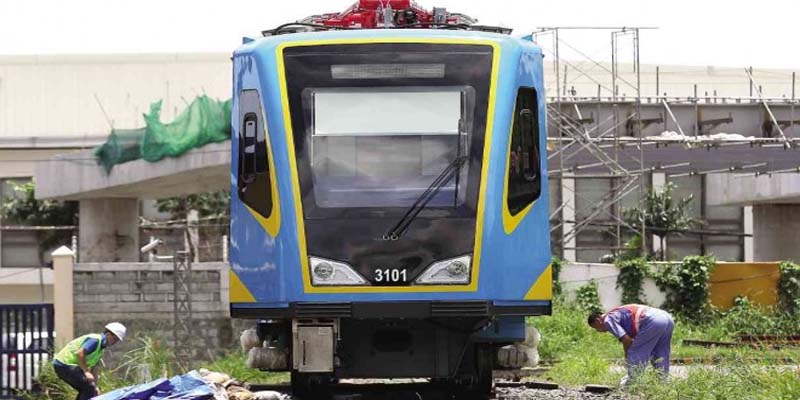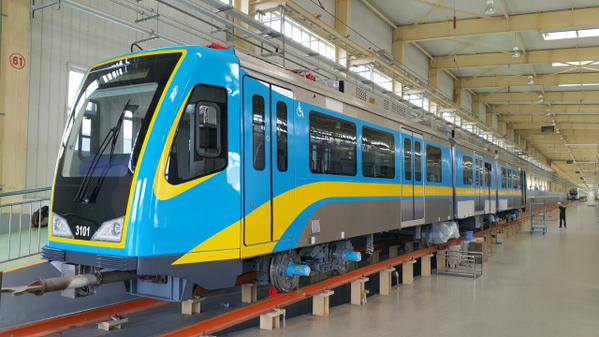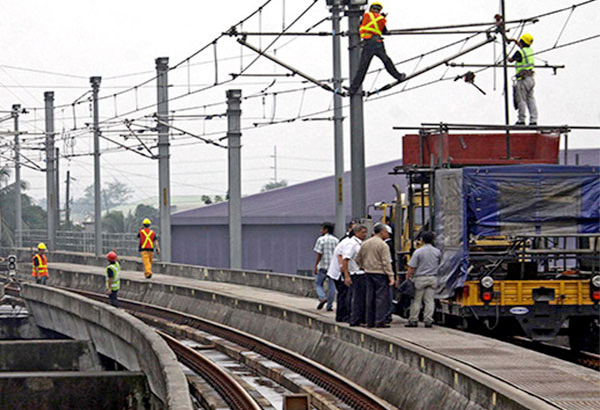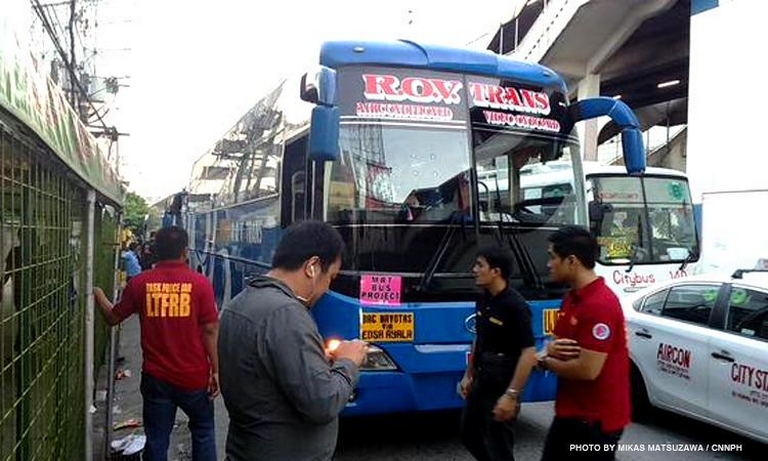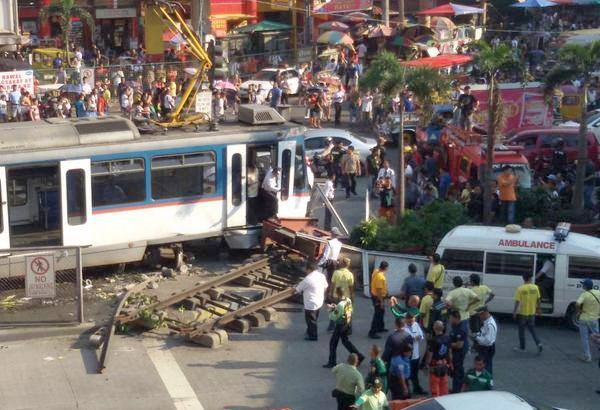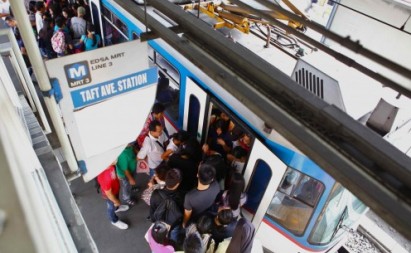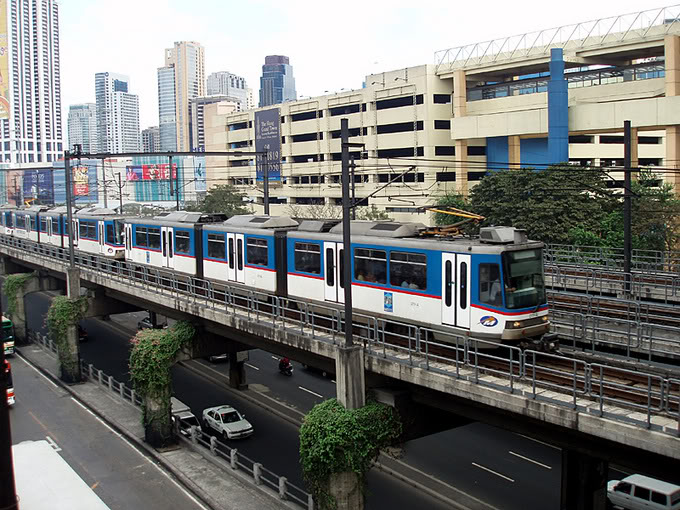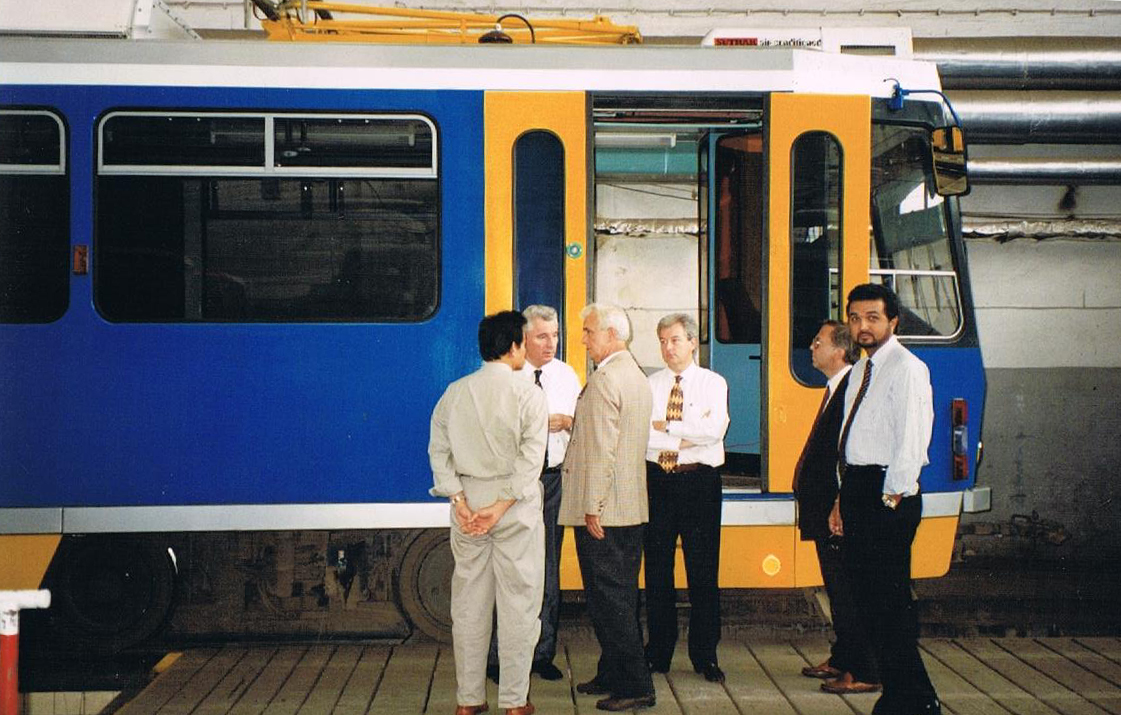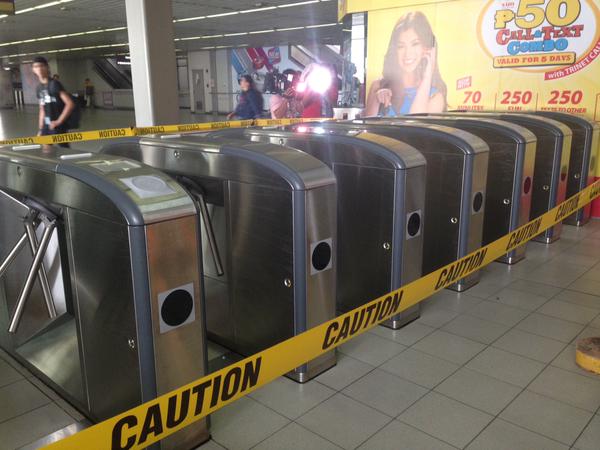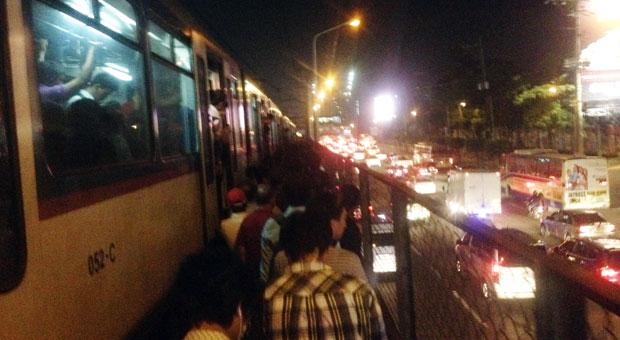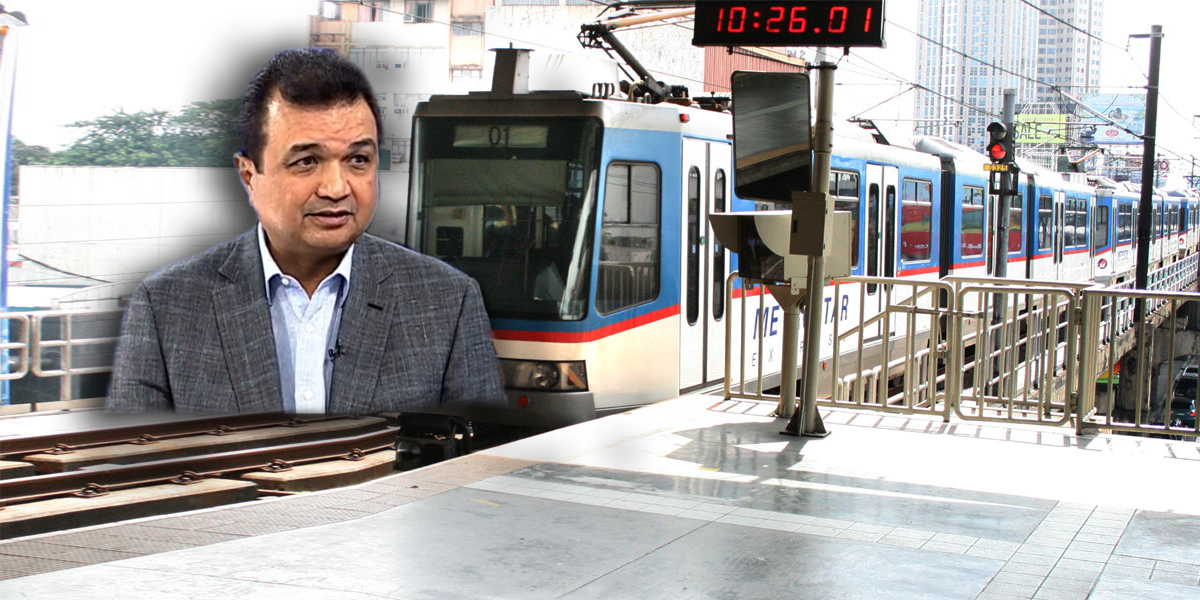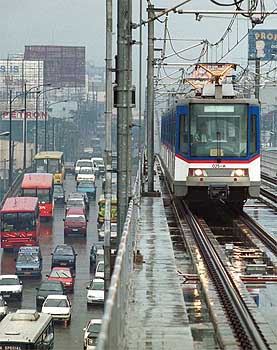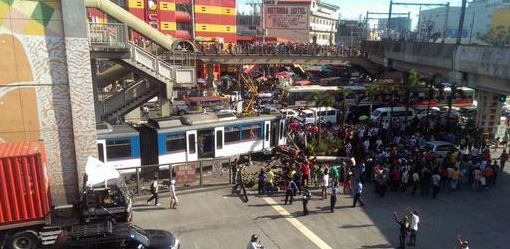Marya Salamat | Bulatlat.com | August 3, 2016
As per the Metro Rail Transit Line 3 (MRT-3 or MRT) company's "accurate system" of ticketing, your beep 'card failure' could result in an MRT employee losing his or her job.
At any MRT station in Edsa, every time an MRT beep card flashes 'card failure', an irate commuter is forced to go to the ticket seller and demand that his or her card be fixed. The ticket seller would dutifully do so while striving to remain polite despite the irritation of those in line to buy their tickets.
As frontline employees, they are reminded frequently by the MRT management to bear with people's complaints and be their 'shock absorbers,' they told Bulatlat in an interview this week.
But lately they are being forced to absorb other shocks that do not seem to be their doing. Last June 25, the accumulation of recorded card failures of beep cards led to the loss of jobs of 50 MRT ticket sellers.
It appears that those card failures were "unconfirmed sales" for the MRT management, which is now allegedly asking the ticket sellers to cough up what it considers as missing sales. Each of the 50 employees are now being asked to pay MRT from P200,000 to half a million plus pesos.
The 50 MRT employees who lost their jobs due to these ticket failures are longtime contractual employees. They have worked in MRT continuously for 10 years or more.
MRT's direct hired employees, mostly contractuals, are men and women who drive its neglected trains and manage the train riders. Other contractuals are hired separately by the MRT maintenance contractor for the upkeep of the trains and the railways.
Most want to keep their jobs.
In an interview, they shared that since June 25 when they learned that their last working day was June 30, they approached different people in various positions to intercede on their behalf, to no avail.
They had appealed for help from Oscar Bongon, MRT station division Chief; from the Department of Transportation and Communications (DOTC) employees association president; and even from some people at the Civil Service Commission. But they were told that because they are contractuals nothing could be done if MRT chose not to renew their job contract.
Last June, they also appealed to the MRT employees' association itself. It then pleaded with the MRT management to renew the ticket sellers' job contract.
Taking up the place of dismissed (or not renewed contractual) ticket sellers were 22 new contractuals who are paid lower wages. Another 17 new contractuals are reportedly hired.
Meanwhile, 70 other longtime contractual ticket sellers got a new contract, but for a shorter-term, like one-month to three-month contracts.
Until last June, the 50 ticket sellers and the 70 who got a three-month contract used to get new six-month work contracts upon ENDO.
This June, though, while the rest of the contractual workers in the Philippines were hoping for the end of Endo, as President Duterte famously promised during his campaign, the MRT contractuals are losing their jobs instead.
Permanent contractual MRT employees at the mercy of management decisions?
Like most of those suddenly dismissed from their jobs at MRT, Jay P. Quiamco, 34, has worked as ticket seller there for 10 years. He is a member of the board of the MRT employees' association.
He was one of 10 MRT employees tapped to train his fellow employees in using the new MRT ticketing system.
Late last year, even as the MRT was facing criticisms for its neglected railways and train coaches, slow and fewer trains and frequent mishaps, the MRT company implementing a new system of ticketing. October to December last year was just its dry run.
In the old ticketing system, the commuter fed the ticket on slots and wait for the turnstile to "read" and deduct the fare. In the new system, it is just "tap and go." The commuter touches the beep card to the turnstile which reads and deducts the fare amount on contact. It makes for a faster movement of passengers at the MRT stations.
Quiamco said that as early as when he was helping his fellow employees learn the new ticketing system last year, he had reported errors such as unrecorded exit, multiple entry of same ticket and other problems that result in "unconfirmed" status of ticket sales in their computers.
He told Bulatlat though that the MRT management kept dismissing any suggestion of system error, saying the Ayala company’s system is “accurate.” Quiamco also got this response last month. Accused of stealing missing sales, they were invited to a “fact-finding investigation” by the MRT management.
Quiamco and fellow ticket sellers likened the "investigation" to an interrogation, complete with video-recording and the presence of a company lawyer. He said they were presumed guilty and just being asked how they did it and who were their accomplices.
"Pinagtuturo kami. We were asked who relieved us whenever we had to take a break," said Quiamco.
But even up to now, "unconfirmed" cases in ticket sales are turning up, the MRT contractual employees said.
In the last six months, MRT practice has differently treated "unconfirmed" from actual sales record. Every working day, said Quiamco, ticket sellers were audited before their supervisor signed and attested that the money and unsold tickets tallied with sales.
Rodolfo Ramirez, 43, another ticket seller who had worked for 10 years in MRT, hoped to get reemployed, but he said he kept getting feedback of being 'overaged.'
Asked what they seek now, the MRT contractuals said they want to clean their names, as they haven’t taken any centavo out of their sales.
They are considering other options also to get a fair hearing in the case; to get back their jobs; and to be paid their last wages. As of this report, their wages remain unpaid, along with months of overtime.
 Twitter
Twitter Facebook
Facebook